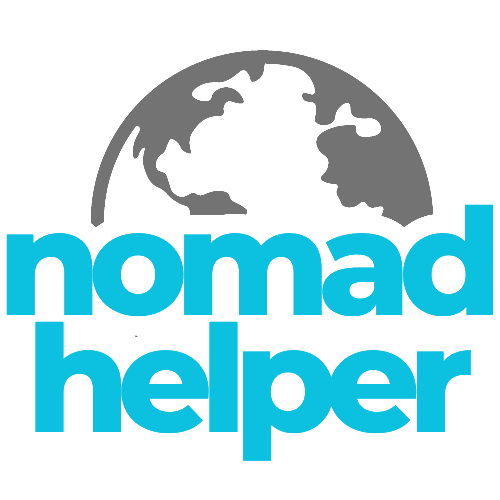Table of Contents
- The Power of Body Language
- Language Apps & Online Resources
- Survival Phrases & Mnemonics
- Immersive Language Learning
- Avoiding Perfection Paralysis
- Language Exchange Meetups
- Language Learning Through Food
- Conclusion
The Power of Body Language
Firstly, let’s get physical! Interestingly, before you even utter a word, body language can be a universal communicator. So, imagine me in Italy, arms waving more than a conductor at La Scala, trying to convey my dire need for the restroom. Not only did it work, but I also got a round of applause from a piazza full of amused locals. Remember, sometimes your hands can talk faster than Google Translate can load, especially when wifi is as scarce as a quiet spot at a Spanish fiesta. Pro tip: always mimic the greetings and common gestures of locals. A well-placed nod or the correct bow can work wonders and speak volumes about your respect for the culture.Language Apps & Online Resources
Now, despite our wishes, becoming fluent overnight is about as likely as finding calorie-free gelato. However, today, we have a treasure trove of digital tools at our fingertips. Apps like Duolingo, Babbel, and Memrise have become my constant companions, and not just because they don’t snore on long-haul flights. They’re interactive, provide instant feedback, and, moreover, there’s satisfaction in earning those little digital rewards that, for some reason, feel like winning the lottery. If tradition is more your style, websites such as iTalki and Tandem offer opportunities to chat with native speakers. Think of it as having a pen pal, but instead of waiting for weeks, the reply is instant, and you don’t have to decipher anyone’s handwriting but your own.Recommended article: Adopt a Digital Nomad Lifestyle for Personal Growth

Survival Phrases & Mnemonics
Moving on, we dove into the art of survival phrases. Trust me, “Where’s the bathroom?”, “How much?” and “Another beer, please” in the native tongue can be more valuable than the local currency. My favorite mishap was asking for a “glass of room” instead of a “room with a bath”. Luckily, humor transcends language, and my red-faced correction got me a free upgrade! Mnemonics, or memory aids, have been my secret sauce. Assigning funny images or stories to words not only makes learning enjoyable but also glues them into your memory. Picture this: “Katze” (cat in German) – imagine a cat scratching at a treasure chest (Katz-e). I’d be lying if I said I haven’t caught myself giggling over my mental images in public.Immersive Language Learning
Also, there’s no substitute for diving headfirst into language learning like immersing yourself in the local environment. For instance, staying with a host family in Japan not only taught me the language but also that my shoe size can be surprisingly comical to a Japanese grandmother. Every meal, every chore became a microscopic language lesson — and yes, that includes learning the 23 different ways to say “I’m sorry” for my slipper-related faux pas. If you can’t travel just now, get your immersion fix through movies, songs, and YouTube channels in your target language. I’ve spent countless hours watching Spanish soap operas, convinced I was learning Spanish, only to realize I was purely absorbed in the drama—which, frankly, wasn’t a total waste of time either.Avoiding Perfection Paralysis
Furthermore, many language learners become prisoners of their own perfectionism. No one will ask you to recite the works of Dostoevsky at immigration. So, relax! Once in France, I accidentally asked for “a table to walk” instead of “a table for two”. Rather than ridicule, I was offered a sympathetic smile and an outdoor seat. It’s paramount to make peace with making mistakes; after all, they make for the best travel tales! Remember, locals often appreciate your effort more than your accuracy, and who knows, your mispronounced bakery order could be the charming icebreaker that leads to an unexpected friendship… or at least a free croissant.Recommended article: Unraveling Traveling Myths Around the Digital Nomad Lifestyle.
